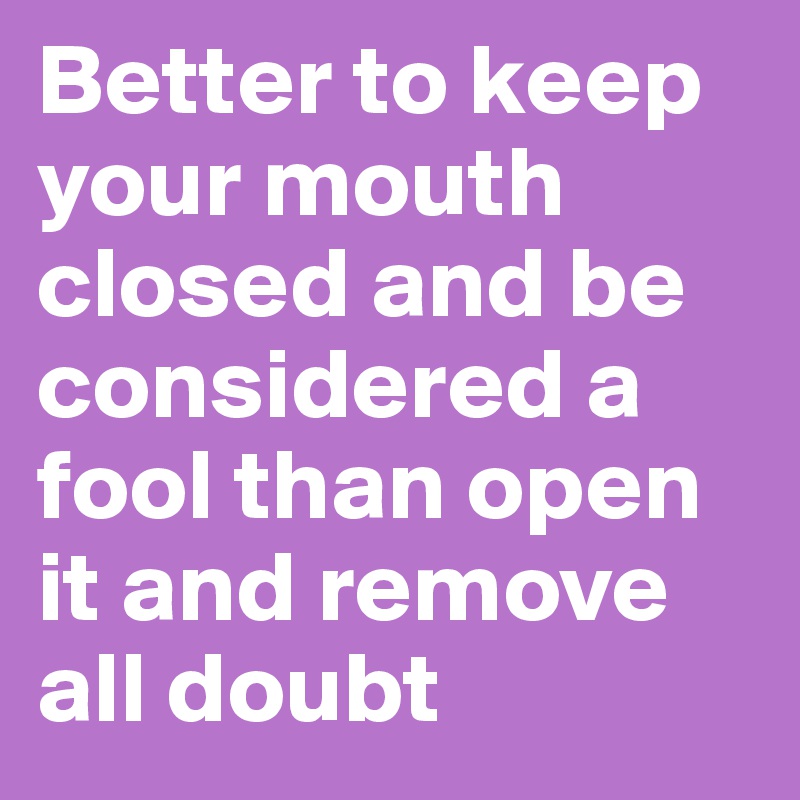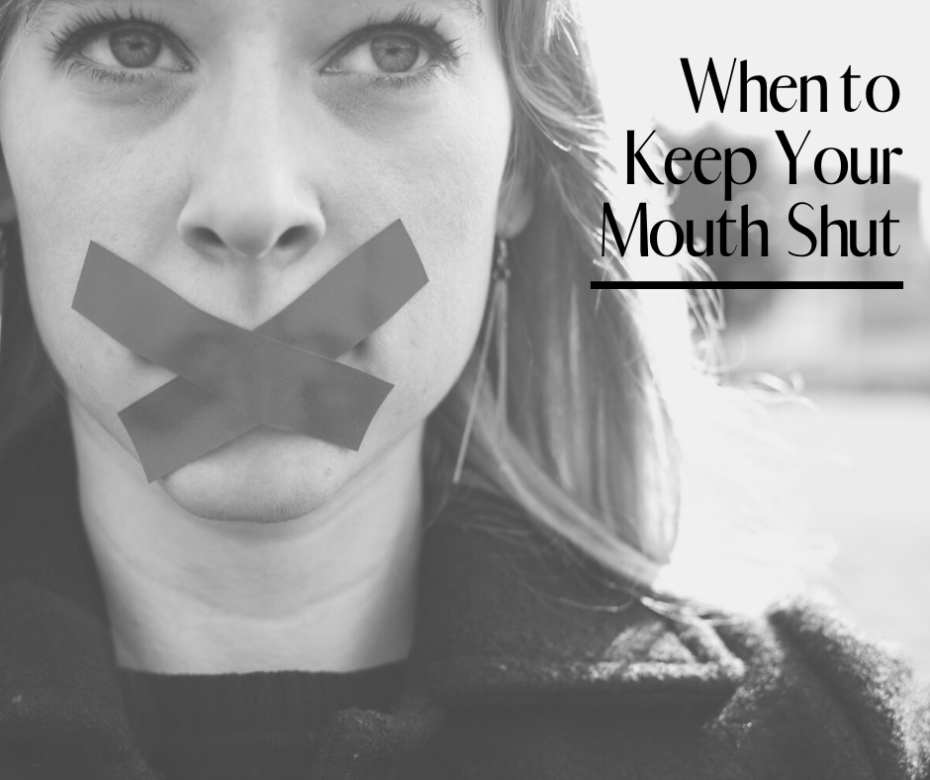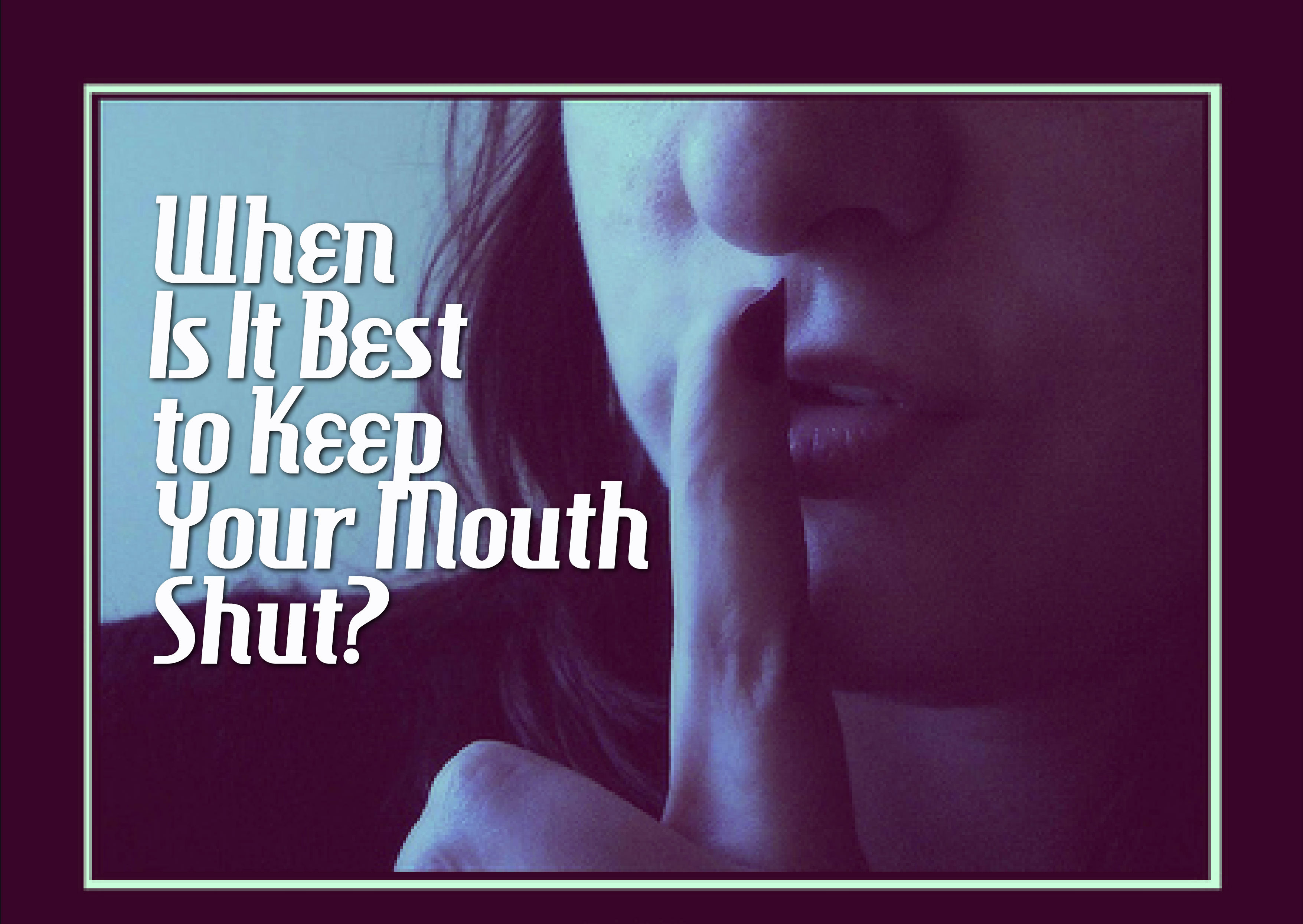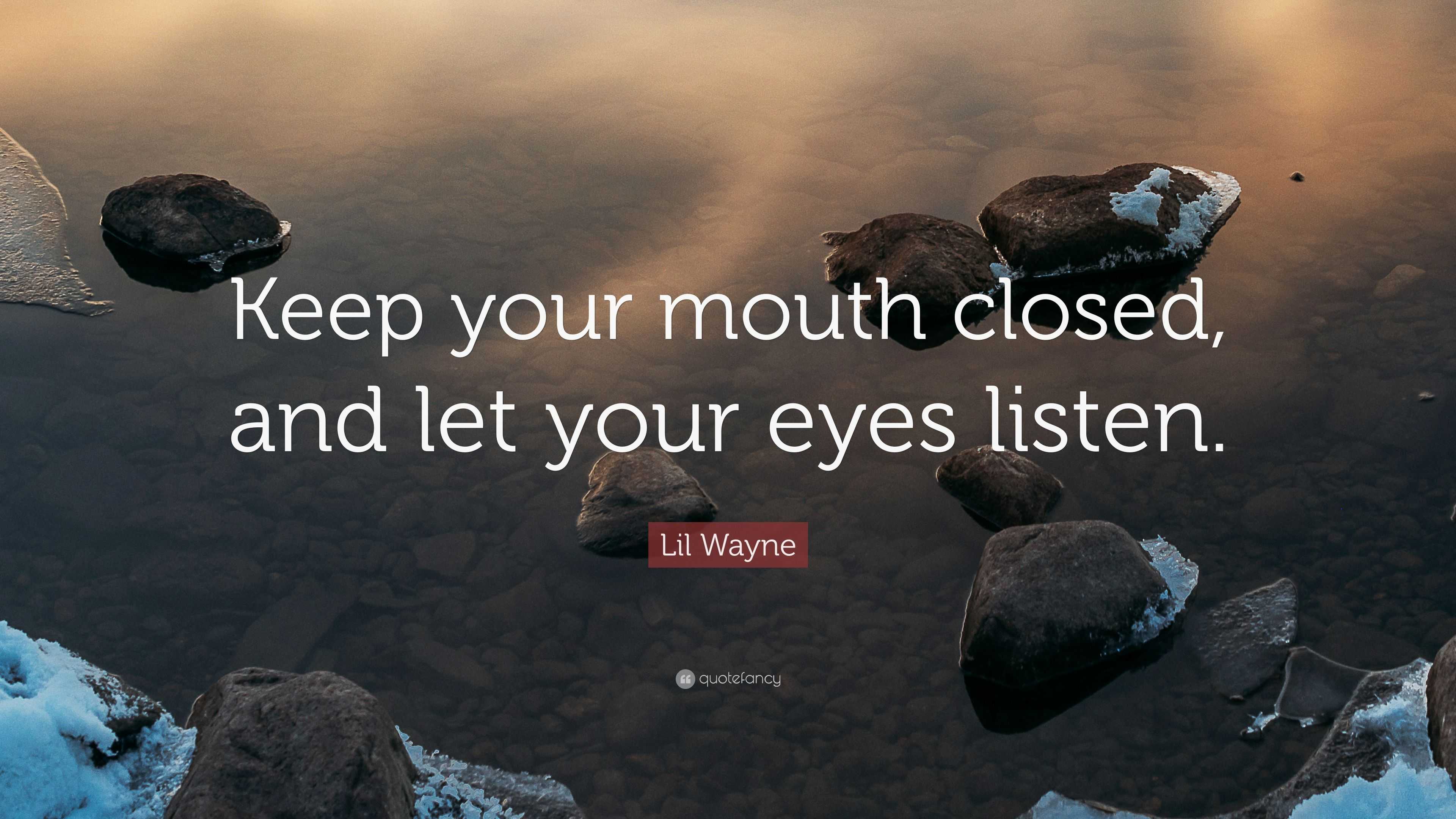Amazing Tips About How To Keep Your Mouth Closed When Sleeping

Figuring out how to sleep with your mouth.
How to keep your mouth closed when sleeping. Tape your mouth shut at night. If you’re a regular mouth breather, then. It improves oral hydration + prevents dental hygiene issues did you know that your saliva production slows down when you sleep?
You literally tape your mouth shut before you go to sleep. Table of contents [ show] why should you keep your mouths closed while sleeping? Okay so those are five tips or tricks or hacks that you might want to try if you want to cross your mouth keep closing when you're sleeping and also i forget to tell you about one.
Use a dental splint or mouthguard: Finally, the simplest way to sleep with your mouth closed? Mouth taping is when you place tape over your lips to keep the mouth closed while sleeping.
The aim isn’t to seal your lips shut, however, it’s to relax your muscles to make your. Mouth breathing causes a ton of side effects, and it isn't just. Thankfully, there is a simple solution that may let you put your.
Taping the mouth can help it stay closed during sleep. How do i keep my mouth closed while sleeping? How to keep mouth closed while sleeping?
People may tape their mouths. Some individuals may prefer to use a chin strap that. On the flip side, mouth breathing has various side effects, including:
Learn more about this sleeping technique in our guide. Breathing through your mouth while you sleep can actually cause all kinds of problems, like snoring, sleep apnea, and fatigue. Humidifying the air you breathe and moisturizing your throat.
Breathing with your mouth open can cause a variety of general and oral health problems. Snoring sleep apnea sore throat/hoarseness fatigue irritability brain fog your nose, on the other hand, was specifically designed to help you breathe efficiently and deliver oxygen. Mouth taping involves placing a piece of tape over your mouth as you sleep.
Fortunately, there are simple changes you can. Breathing through your mouth at night puts you at higher risk for sleep disorders including snoring, sleep apnea and hypopnea, the partial. The process behind mouth taping works exactly as it sounds:


















